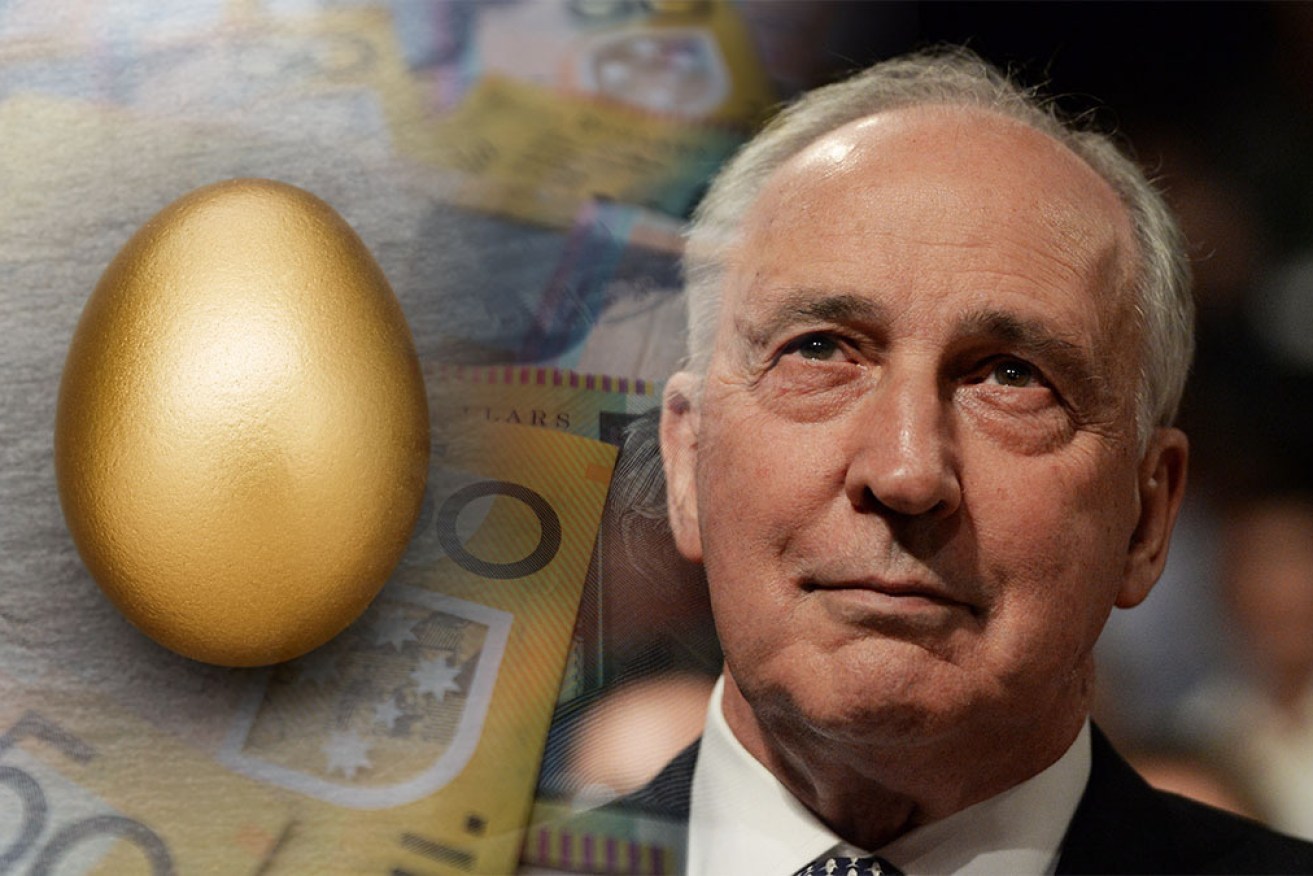Young Australians carrying the burden of economic stimulus, warns Keating


Paul Keating said super early access has hurt vulnerable workers. Photo: The New Daily
Former prime minister Paul Keating has savaged the Coalition’s early super access scheme, claiming it shifts the burden of stimulating the economy from government to young people.
The former Labor leader said government support should have been made available before the super scheme was introduced, as interest rates are at record lows and government debt is manageable.
“Instead of JobSeeker and JobKeeper carrying the main source of income support from the get-go, what we’re finding is that the main burden of income support is people ratting their own savings,” Mr Keating said during a webinar organised by Industry Super Australia.

The super early access scheme leaves workers footing government’s stimulus bill.
Mr Keating criticised the scheme for asking Australia’s “most vulnerable, lowest-paid” workers to raid their superannuation in lieu of adequate government income support.
He pointed to research from Industry Super Australia (ISA) that estimates 600,000 people – mostly under the age of 35 – have already completely emptied their super.
Their problems are exacerbated by near-stagnant wages growth since 2013, and the loss of compounding interest that would have seen the sum withdrawn from super multiply itself “five or six times” before retirement, he later added.
“The government have said ‘it’s their money’, but they haven’t finished that sentence,” Mr Keating said.
It’s their money accumulated under very concessional tax arrangements for one purpose: Retirement income.”
So far, almost $30 billion has been withdrawn from superannuation accounts, with almost three million applications made during the program’s first round.
New estimates from Treasury predict members will withdraw $42 billion under the scheme by the time it closes on December 31.
That’s roughly half the cost of the $86 billion extended JobKeeper program.
And government could afford to spend more, Mr Keating said, as our federal debt levels remain manageable and interest rates are at historic lows.
“Would you say to yourself that in a country with low levels of debt to GDP, very low interest rates, should young people under 35 be the principle carriers of the burden? Because that’s what has happened,” Mr Keating said.
‘No economic case’ to stall increase to super guarantee
Mr Keating also hit back at “baby-faced” younger Liberal party members pushing for a delay to the legislated increase in employer contributions.
The superannuation guarantee (SG) is currently equal to 9.5 per cent of wages and is set to increase by 0.5 percentage points annually for four years from July 2021 – settling at 12 per cent in July 2025.

The superannuation guarantee is legislated to start increasing from July 2021.
The federal government has maintained its support for the legislated increases.
But a growing chorus of backbenchers are calling for a freeze, arguing that an increase would eat into wages and discourage firms from putting on more staff.
The Reserve Bank and the Grattan Institute are also against another rise in the guarantee – with the latter finding that “about 80 per cent of the cost of increases in super is passed to workers through lower wage rises”.
However, these findings have been disputed by independent economists and other think tanks such as Per Capita.
Mr Keating said there was “no economic case for [the increases] not to go ahead” and opposition to the plan was “prejudicial”.
“The other point is that there’s been no real wage growth since 2013, zero real wage growth since 2013, but there’s been just on 10 per cent labour productivity growth,” he added.
“None of this has been distributed to wages. It all went to the balance sheets of companies.
“So what I think proponents of the SG going to 12 per cent are saying is there’s 10 per cent labour productivity banked on the balance sheets of companies, and we’re asking for a quarter of it back.”
The New Daily is owned by Industry Super Holdings








